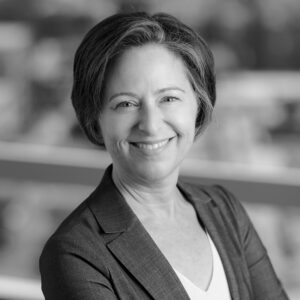By Rachel Schneider & Jennifer Tescher, Financial Health Network
Sometimes, complex problems demand simple solutions.
According to Financial Health Network’s research, 57% of Americans are financially unhealthy. The Pew Charitable Trust found that over 70% of Americans are income limited, savings constrained or debt challenged, and a third of Americans experience two or even three of those conditions at once.
The network of financial health innovators that we lead is experimenting with how to help their customers manage these problems, through better ways to spend, save, borrow and plan. But, people can only get so far — even with the most effective financial tools — if their incomes are insufficient and unsteady.
It’s not that families aren’t working hard. But, data from the U.S. Financial Diaries shows that lower- and middle-income households experience significant volatility in their incomes from week to week and month to month. Expenses are just as volatile. That means that even if families have “enough” income over the course of a year to cover spending, the volatility in any given week may cause them to fall behind. That kind of fundamental instability makes it extremely difficult to be resilient in the face of the inevitable emergency and to seize opportunities to get ahead.
As Jonathan Morduch and Rachel Schneider argue in their forthcoming book, The Financial Diaries, the policies and products designed to help people manage their financial lives are insufficient for the average American experiencing this kind of instability. They are built for those who have stable, decent incomes, a financial cushion and options. Financial advice, financial products, and government policies tend to tackle one financial challenge at a time. Think about tax subsidies for retirement, or for homeownership, or saving for college, or specific assistance for housing, food or medical care.
But, often, what people need most is more flexible help. Narrowly designed interventions simply aren’t enough anymore.
That’s why we are excited that the Economic Security Project has launched to explore the universal basic income concept. The idea of a universal basic income acknowledges that the financial lives of working class Americans are complicated. It trusts people to make choices about how to use the money. And, it provides a base of stability from which they can improve their financial health.


